Get set, ready, go green: Prepare for sustainability reporting

Get set, ready, go green: Prepare for sustainability reporting
Key points:
- From manufacturing to investment, all market sectors are witnessing a paradigm shift in reporting as governments move from financial stability to financial sustainability.
- Much is still unknown, with fast-moving developments to set sustainability-related reporting standards across the globe underway.
- Regulators recognise that sustainability-related disclosures are a high-stake game, and sustainability reporting will likely become mandatory soon.
The last eighteen months have been full of events that have made a tremendous impact on our daily lives and how we perceive financial stability: from the financial comfort of a single household to… the comfort of the entire financial sector.
Amidst the pandemic, it became starkly visible that COVID-19 was not the only pressing problem, and the images of masks washing up ashore signalled yet another issue: that the time for climate action is now. Governments worldwide are recognising that we cannot wait for the pandemic to end before realising the risks of climate change, and they need to be dealt with in parallel.
While many aspects of sustainability reporting remain obscure, progress has already been made. A few examples include the International Financial Reporting Standards (IFRS) International Sustainability Standards Board (ISSB), set to launch at COP26 (United Nations Climate Change Conference) in November, or the EU Taxonomy and work on corporate sustainability reporting standards.
Other initiatives are also underway, with BR-AG chosen to explore sustainability reporting in the Global Financial Innovation Network and the G20 2021 TechSprint.
And with that said, how should companies prepare for the inevitable: mandatory sustainability reporting?
Don’t wait to be surprised: Follow how sustainability reporting is developing
With so much going on sustainability-wise, companies need to start preparing for mandatory sustainability reporting. With meeting sustainability requirements on the horizon, here is what companies should follow.
July 2021
- The Financial Stability Board has published a roadmap for addressing climate-related financial risks through four areas: firm-level disclosures, data, vulnerabilities analysis, and regulatory and supervisory tools.
- The IFRS is set to amend the constitution establishing ISSB- the consultation stage ends on 29th
September 2021
- IFRS is set to publish a roadmap and timeline of setting sustainability standards by the ISSB.
October 2021
- The GFIN cross-border testing draws to a close.
November 2021
- The United Nations Climate Change conference is set to take place, with the announcement on the launch of the ISSB.
January 2022
- The United Nations Climate Change conference is set to take place, with the announcement on the launch of the ISSB.
Mid 2022
- IFRS to publish first climate-related disclosure standards.
October 2022
- European Commission to adopt the first corporate sustainability reporting standards.
January 2023
- Obligations under the Corporate Sustainability Reporting Directive will come into force.
October 2024
- The European Commission is to adopt the second set of corporate sustainability reporting standards.
Take action: Ensure that sustainability reporting is not just a tick-box exercise
Companies will be expected to disclose sustainability and ESG data (with ESG including sustainability information and social governance). With many unanswered questions, it isn’t easy to define how sustainability reporting will take shape. As organisations prepare to disclose ESG or sustainability information, they should expect to face more questions.
A few sustainability considerations to keep in mind:
- Sustainability reporting is more than just ticking off a reporting requirement: it provides a strategic picture of a business that shows how sustainable values are upheld within the company now and in the future
- The vision of sustainability that emerges will stretch across a company’s entire operations, showing how strategic priorities are aligned with critical resources and partnerships
- Sustainability reporting requires a holistic approach, meaning it will be more than just financial reporting, incorporating areas such as intellectual, natural and social resources
Dot the “i’s”: make your reporting sustainability-ready
While sustainability standards are still developing, there are a few points that should be on the top of any company preparing for sustainability-related disclosures:
- Keeping up with the ongoing sustainability developments (particularly in the EU)
- Establishing a clear vision for how sustainability reporting should be integrated into the overall reporting landscape of the company
- Develop a shared understanding of sustainability reporting requirements across the company. This can be done with the support of tools designed to map data requirements into clear data concepts understandable by business and IT teams, such as our ATOME Matter platform.
We process your data in order to contact you and handle the matter being the subject of your message. The Controller of your personal data is BR-AG prosta spółka akcyjna (formerly Business Reporting – Advisory Group Sp. z o.o. – Sp.k.). Information about purpose and details of processing of your personal data by BR-AG, including your rights can be found in our Privacy Policy.


